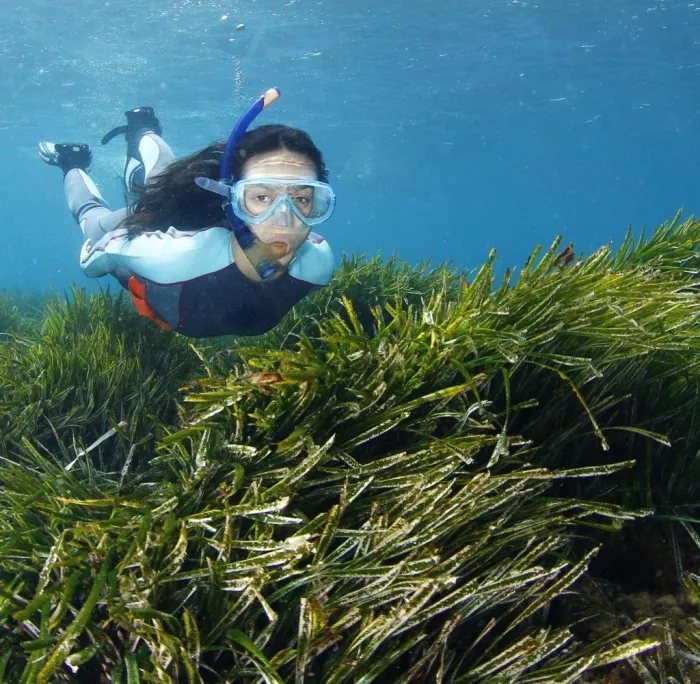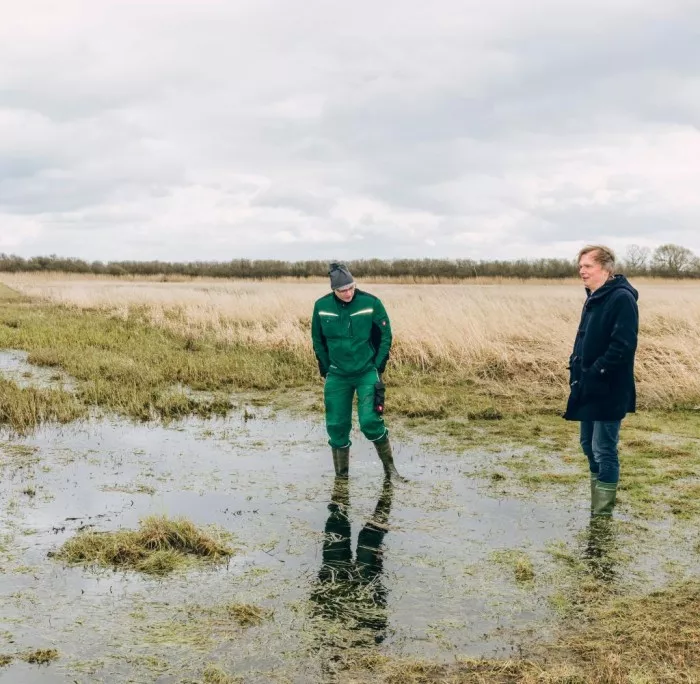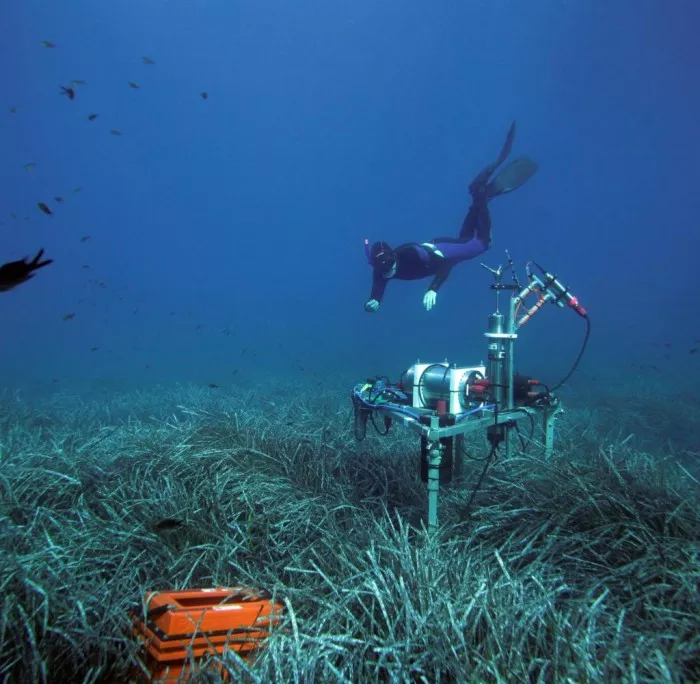According to a study recently published in the British journal Nature, ecology and evolution, the team of American scientists found that the concentration of sucrose accumulation at the bottom of seagrass farms was about 80 times higher than the previous marine records. These findings suggest that seagrass may be equivalent to a huge global organic carbon pool, which is expected to be due to the inhibition of microbial activities that decompose carbon.

Seagrass farms are important marine habitats because they not only provide shelter and food for marine biodiversity, but also store 35 times more carbon in plant tissues than in terrestrial rainforests under the same area. Seaweed also secretes carbon from its roots in the form of monosaccharides and other compounds. However, the role of marine microorganisms in the consumption and recycling of this carbon source has not been deeply understood so far.

This time, McKee Sorkin, a researcher at the University of California, Merced, and his colleagues analyzed the chemical composition of water samples (also known as pore water) in the bottom sediments of three different marine grass farms in the Mediterranean and other marine grass farms in the Caribbean and Baltic Seas. They found an unexpectedly high concentration of sucrose near the roots of seagrass: globally, the upper 30 cm layer of seagrass sediment stores the equivalent of 0.67-1.34 Tg of sucrose.

By analyzing the microorganisms living in the sediments below the seagrass field, the researchers found that although 80% of the recovered microbial genome contained sucrose decomposing genes, these genes were only expressed in 64% of the genome. They predicted that the hypoxic environment combined with plant phenols (significantly inhibiting microbial activity) might explain the accumulation of sucrose.

The team concluded that the accumulation of sucrose under seagrass can be a valuable way to store organic carbon, which may also be found in other marine and aquatic plants.